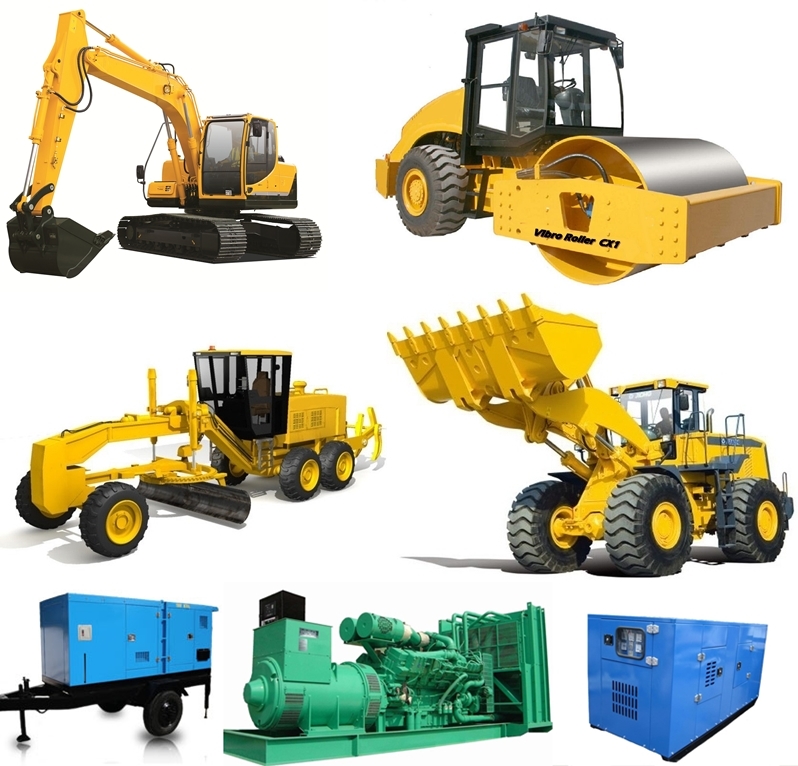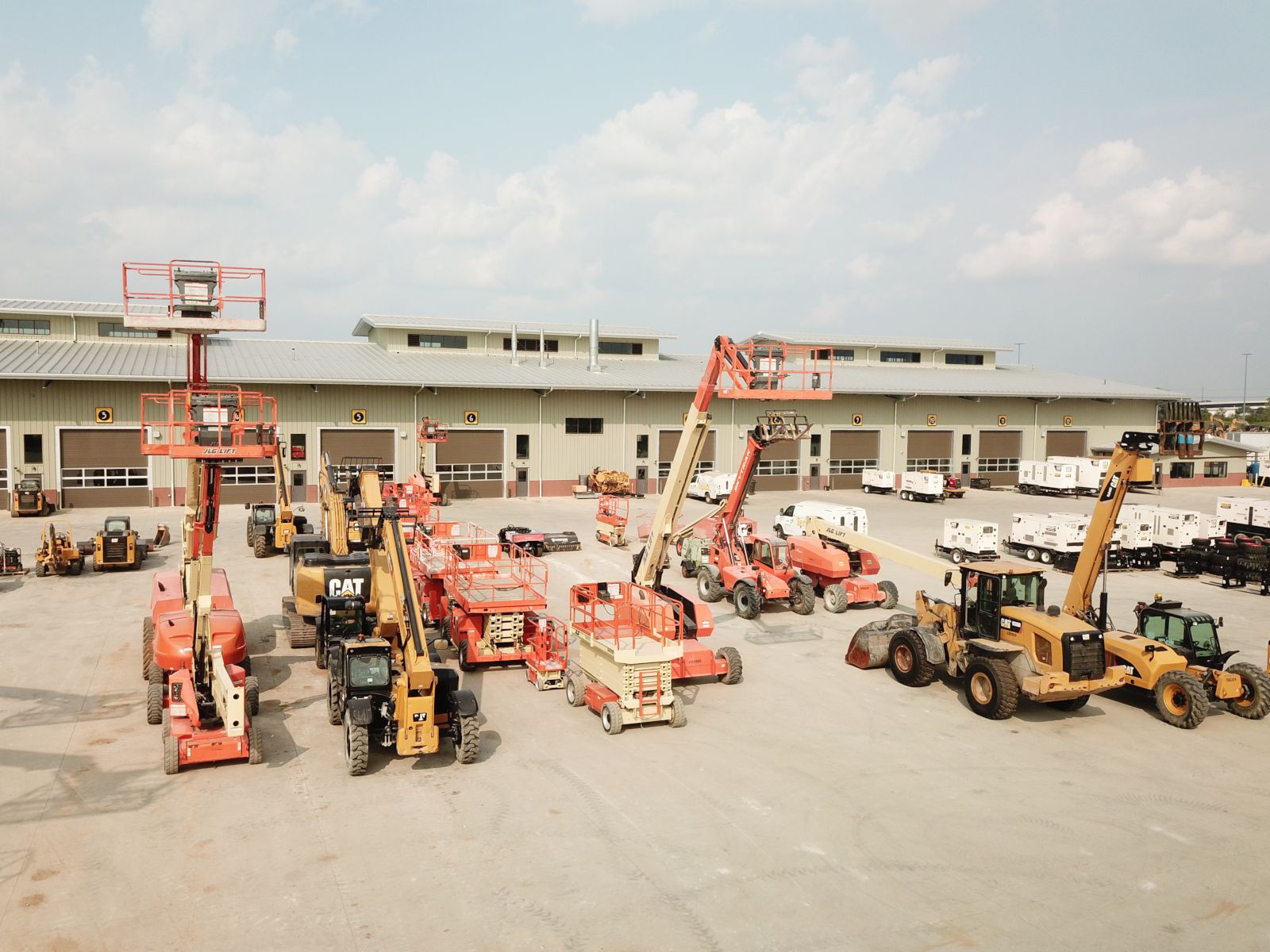Mini Excavator Rental: Compact Machines for Limited Spaces
Mini Excavator Rental: Compact Machines for Limited Spaces
Blog Article
Optimize Your Budget Plan by Recognizing the Prices Related To Building And Construction Devices Services
Understanding the full extent of costs connected with construction devices services is essential for optimizing your budget. What techniques can be used to effectively manage these expenses and make certain a more effective rental experience?
Summary of Rental Costs
When taking into consideration building devices rentals, recognizing the associated prices is vital for effective budgeting and project preparation. Rental costs can differ substantially based on a number of factors, consisting of tools kind, duration of leasing, and location. The preliminary rental fee commonly reflects the devices's market demand and its connected functional capabilities, influencing the general expenditure.
Along with the base rental rate, secondary costs might arise, such as transportation costs, fuel surcharges, and upkeep charges. It is vital to account for these extra expenditures to accurately examine the complete cost of leasing tools. Furthermore, the rental period can influence rates; longer rentals may get affordable rates, while short-term leasings could sustain higher daily fees.

Failure of Rental Prices
An extensive understanding of rental prices is vital for professionals and job managers aiming to optimize their budgets. Rental prices for building and construction tools typically include several parts, consisting of base prices, time-based fees, and usage costs.
Base prices are the core fees related to the rental of the tools, usually established by the type and size of the equipment. These prices can vary significantly, affected by aspects such as devices need, schedule, and regional market fads. Time-based fees, which may be daily, weekly, or monthly, offer to fit different task timelines and rental durations.
Additionally, rental prices may consist of usage fees, which apply when devices is utilized past a specified limit, guaranteeing that the rental company can make up wear and tear. Seasonal need changes can additionally impact rental rates, with peak building seasons commonly commanding greater prices.
In addition, comprehending the rental firm's policies pertaining to maintenance and insurance policy can offer more insight right into the overall price framework. By examining these components, specialists can make informed choices, ensuring the choice of rental tools aligns with both job needs and budget plan restraints.
Added Fees to Think About
Comprehending the details of additional charges is critical for contractors to manage their general leasing expenditures effectively. Beyond the conventional rental prices, different auxiliary costs can significantly impact the total cost of equipment rental. These costs often consist of distribution and pick-up costs, which can differ based upon distance and logistics included in carrying the devices to and from the task site.
Furthermore, some rental companies may enforce gas additional charges if the devices is returned with less fuel than when rented out. It is additionally vital to know possible cleaning fees, particularly for customized devices that needs extensive maintenance after use.

Thoroughly reviewing the rental arrangement and clearing up these extra fees ahead of time can assist specialists make sure and avoid unexpected prices that budget plans remain undamaged throughout the task lifecycle.
Maintenance and Fixing Costs
Regular upkeep and repair work expenditures are usually ignored elements that can considerably affect the overall price of building equipment leasings. When renting tools, it is critical to think about not just the rental charges however likewise the potential expenses related to maintaining the machinery in optimal operating condition.
Lots of rental firms include standard maintenance as part of the rental contract; nonetheless, more substantial repair services or unanticipated malfunctions can bring about extra expenditures. It's important to assess the rental agreement carefully to understand what maintenance solutions are covered and what duties drop on the occupant.
In addition, tools that is not properly maintained can result in inefficiencies on duty site, potentially causing hold-ups and enhancing task expenses. To mitigate these risks, it is advisable to carry out routine evaluations and preserve open communication with the rental service provider concerning any kind of concerns that develop during use.
Insurance Policy and Obligation Costs
Insurance and liability prices are critical elements that can dramatically affect the overall expenditure of building devices leasings (heavy equipment rental). These prices guarantee that both the rental firm and the customer are shielded from possible financial losses arising from accidents, damages, or theft during the rental duration

Additionally, clients should be aware of any deductibles or exclusions in the insurance coverage policy, as these can affect potential out-of-pocket expenses. Recognizing the terms of any kind of insurance policy coverage is crucial to prevent unanticipated costs. Eventually, budgeting for insurance coverage and liability expenses can help ensure a smoother rental experience and shield against economic risks connected with construction tasks.
Final Thought
In verdict, a thorough understanding of get redirected here the costs linked with construction tools rentals is important for efficient budget management. Ultimately, educated decision-making relating to tools leasings adds to the general success of building undertakings.
Rental prices can vary dramatically based on a number of elements, including equipment type, period of leasing, and location (heavy equipment rental). The rental period can impact prices; longer rentals may qualify for affordable rates, while temporary rentals might incur higher daily fees
By performing thorough study and involving with credible rental firms, specialists can effectively navigate the complexities of rental pricing, inevitably maximizing their monetary resources.
Beyond the conventional rental rates, various supplemental charges can dramatically impact the total price of tools rental. Rental companies typically provide responsibility insurance that covers injuries to 3rd events or damage to home, while devices damage insurance can cover the expense of fixings or replacement if the leased equipment is damaged.
Report this page